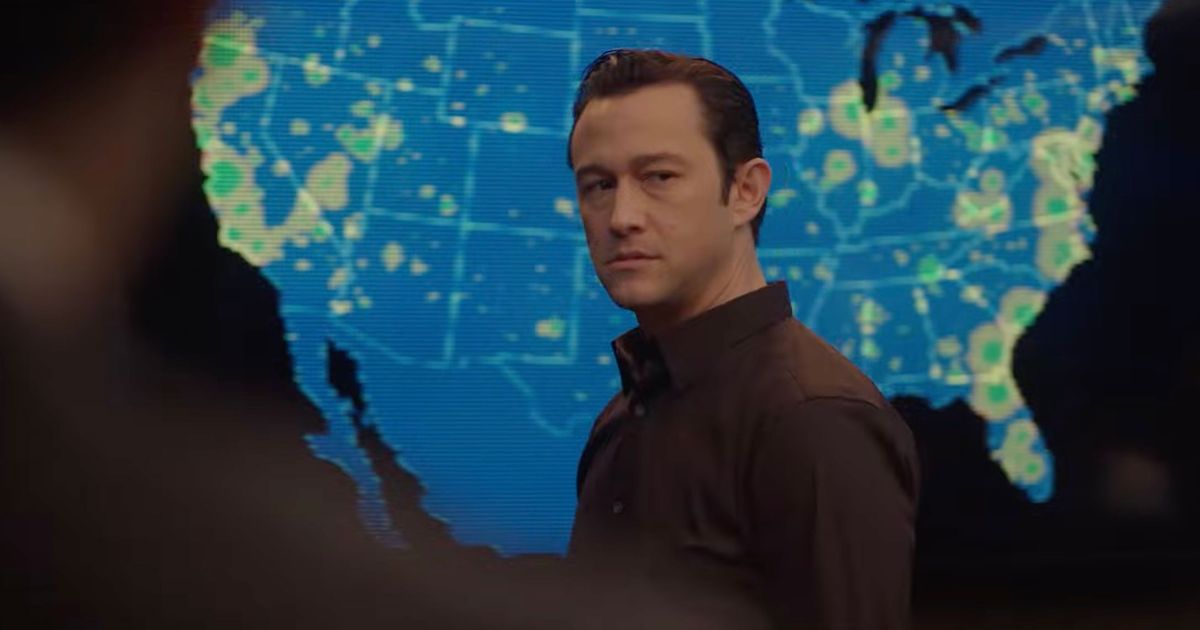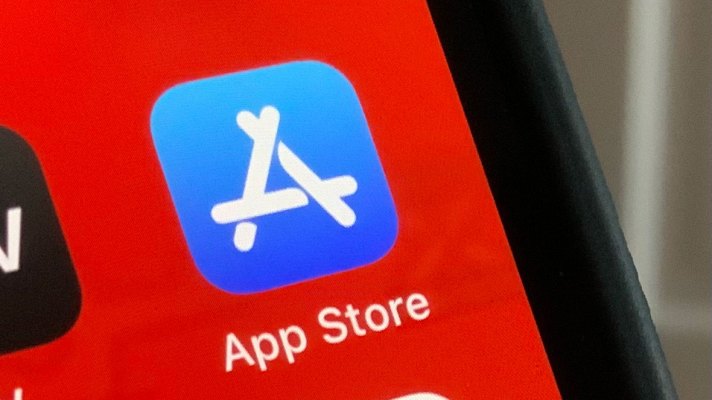[ad_1]
super pumped
The Charm Offensive
Season 1
Episode 5
Editor’s note
Photo: Showtime
super pumped isn’t a show that needs more storytelling devices, given the overabundance of illustrative titles, background screens, and animations, in addition to Quentin Tarantino’s voiceover narration. Adding “breaking the fourth wall” to the list, as “The Charm Offensive” does, seems like a bad idea, an unnecessary narrative shortcut that plagues HBO’s most entertaining series right now. winning time. Yet the structure of this dense and useful episode makes speaking to the camera akin to courtroom testimony, with Tim Cook as presiding judge, Uber employees like Susan Fowler and Fawzi Kamel as as witnesses and viewers serving as jurors in the premium cable court of opinion. . And so, in the words of many lenient TV judges, “I will allow it.”
The pivot of the episode is a meeting between Travis Kalanick and Eddy Cue and Tim Cook, who threaten to remove Uber from the App Store after the willful and reckless violation of Apple’s privacy policies. At the pre-meeting meeting, Travis can’t humble himself enough to acknowledge the seriousness of the problem, let alone consider an apology. When its co-founder glances, like a mouse, at how this could be Uber’s Waterloo, he cracks up: “Napoleon was a great general. I’m not hitting the little man. But he didn’t make France the kind of currency I do for Apple. And when Emil, his most fiercely loyal right-hand man, advises an apology (“Apologizing costs nothing”), the idea sticks like ash in his mouth. This is not Uber’s way.
There’s a small reason to understand Travis’ outrage right now, even though most humans would recognize him as spectacularly arrogant. As Travis knows — and would have no trouble reminding people, as he did when he asked board members to cheer him on like Kirk Gibson did at Dodger Stadium — his tireless, rule-breaking style rules is why Uber is the force that it is, fully enabled by the men (always men) who put it in this position. Now those same men want him to change course like he’s not the Frankenstein monster they all helped create. It’s not in Travis’ nature to feel remorse for his actions or sympathy for the victims of his ambition, and his behavior was never curbed as long as he was winning. This rant to Cook lays bare this Silicon Valley hypocrisy:
“That’s what it means to be a disruptor. You want to punish me for embodying the spirit that built the Valley? Who built this building that we’re sitting in right now? »
Still, the App Store problem represents a real existential crisis for the company, even if Travis is ultimately correct in predicting that Apple isn’t inclined to pull such a popular app from its service. The situation allows Cook to grill Travis on the sins of his business, which allows the show to do the same, with powerful vignettes around Fowler and Kamel and glimpses of the calamitous “charm offensive” of Uber with a press corps it had constantly antagonized. Either way, Travis’ worst qualities as a person and a manager ultimately inflict serious damage on the company and his leadership failures.
Much of Fowler’s story is taken from his widely read February 2017 blog post, “Reflecting on One Very, Very Strange Year at Uber.” In a previous episode, we already saw the amazing account of his first day on the job, when his team leader suggestively mentioned his “open relationship.” This started her own open relationship with Uber’s human resources department, though she didn’t satisfy Fowler for a moment. It may seem inelegant on the show to have Fowler telling her story directly on camera rather than dramatizing the subtle and not-so-subtle evidence that Uber is a hostile work environment for women. But Fowler’s blog post lays out the case so well that fitting it straight to the screen seems like the most economical and powerful solution. Working on a real, world-changing app is exciting for Fowler and other women in the business, and so the solution, in the face of rampant misogyny and a conniving HR department, was to simply try to fit in. But at some point, that becomes impossible for Fowler and many women in the business.
The show had also sketched out some of Kamel’s backstory before this episode, such as a scene where he chooses to sleep in his car because he needed to log more driving hours to make ends meet. Here, his financial difficulties are multiplied by his purchase of a luxury car for Uber Black, a decision the company has encouraged and supported by a loan program. But in the fascinating dashboard video of Kamel confronting a defensive Kalanick, it’s clear that the company’s drivers, once enticed by big incentives to work for Uber, are now hanging on by low prices, no tips. and low commissions. The plan for passengers and drivers is the same: spend billions in venture capital money to kill the taxi industry and get them on board, then rush them later when they have nowhere to go. . Travis feels perfectly content being a “shitty company.”
It is therefore with a smug wink that he gathers the press for an unofficial dinner and announces: “I am not a rapacious industrialist. I’m just a man with a vision that changes the world and exceeds all expectations. Even with a communications team desperate for Travis to make peace with the press and avoid a long list of controversial topics, he can’t help but casually peacock for reporters or air his grievances about their supposedly unfair coverage. At the other end of the table, Emil uses “off the record” as blanket immunity for startling slander against journalists, especially one named Olivia whom the company was researching against, with the intention of reveal as a “bitch” who cheats. on her husband. BuzzFeed reporter Ben Smith, who never accepted the company’s restrictions on the event, dutifully reports on it, creating another PR headache.
In the end, Cook’s interrogation results in a slap on the wrist, just as Travis predicted. Money forgives everything.
• Travis’ problems with women include those close to him. In an early scene, we never actually hear the “good news” Gabi wants to share with Travis, who is so buzzed with his own wins that he’s more interested in finding the Wii Remote. Afterwards, his mother tries to advise him on how to handle reports that Uber puts women and children at risk, an accusation that Travis dismisses as “college stuff.” She replies: “Except that you are no longer in college. You are a grown man and you have to take responsibility and face your problems head on. Sorry mom.
• “I have nothing but respect for Apple’s commitment to privacy” gets the open laugh it deserves.
• Not to be overwhelmed in the rapacious industrial department, Cook walks past Travis calling him out on worker abuse at Foxconn, the notorious company that makes Apple products, and ends the meeting by coldly announcing that the multi-billion dollar investment dollars from Uber in China is for nothing. Check and mate.
• At this point, the conversation turns to whether Travis’ various missteps are “survivable.” No doubt this will be fleshed out more in the next installment, but it’s telling that Travis’ decision to fire Anthony Levandowski from Google’s self-driving vehicle program is a far bigger misstep than his long list of management abuses. Losing money is, again, the only unforgivable crime in business.
• Most digits of super pumped are dramatized under their real names, but “Olivia” is an amalgamation of several journalists. In this episode, Olivia replaces Sarah Lacy, founder and EIC of PandoDaily. A full account of his battles with Kalanick and Uber can be found on Vox.
• Strongly Considered Upping the Rating to a Full Star for the Replacements “Here Comes a Regular” Needle Drop. The song is about people retiring to a bar “after a hard day of nothing at all”. A whole different feeling for an Uber employee than tapping into a barrel in Las Vegas.
[ad_2]
Source link




